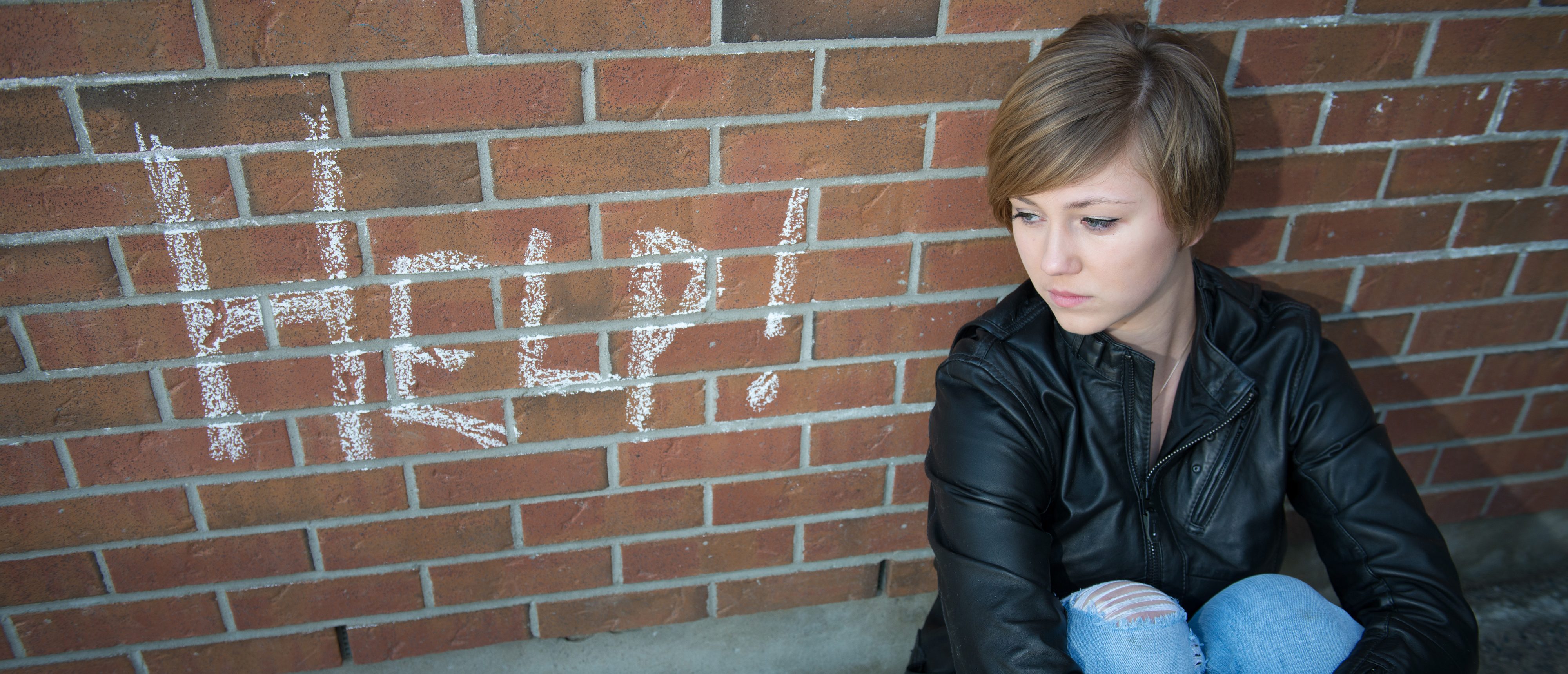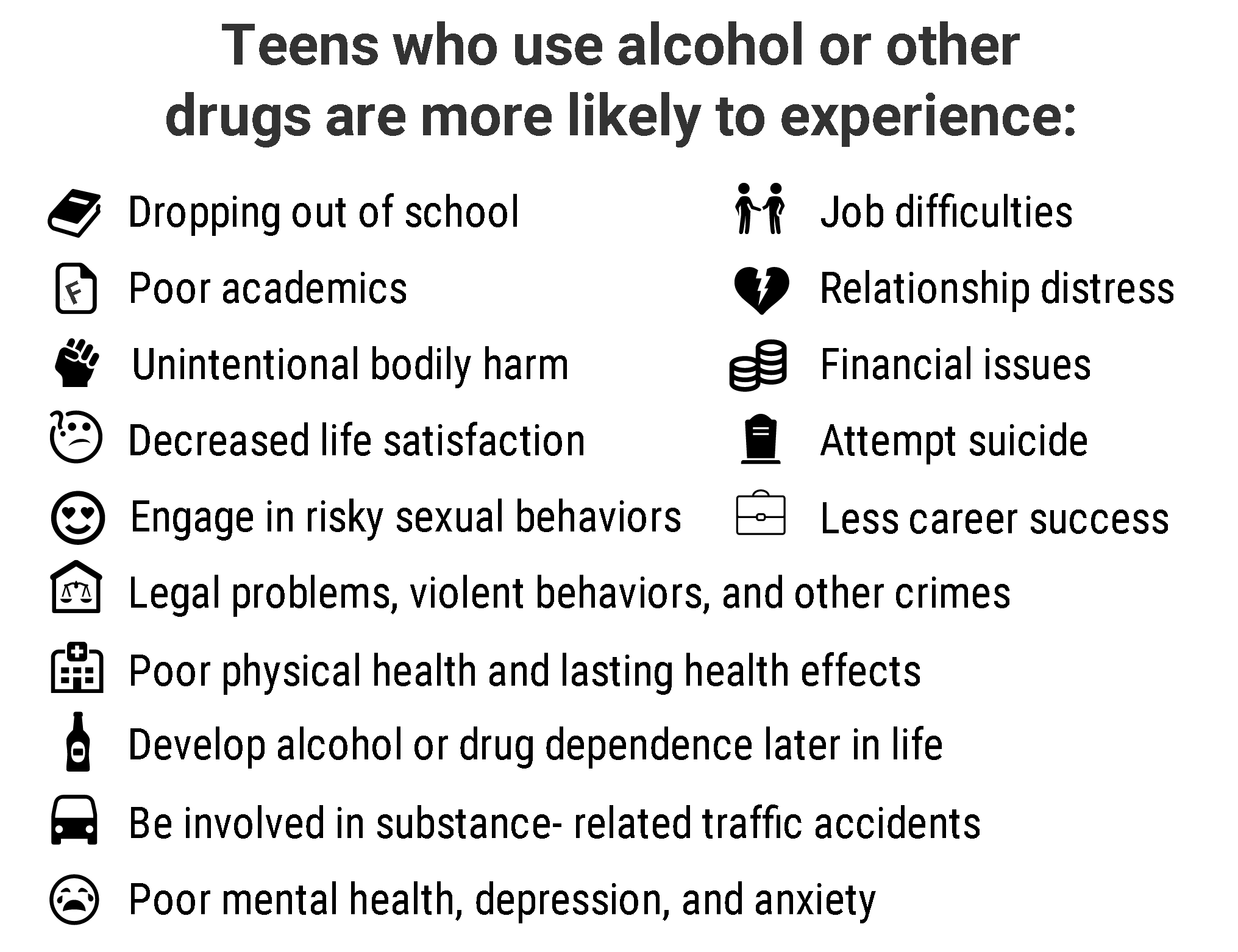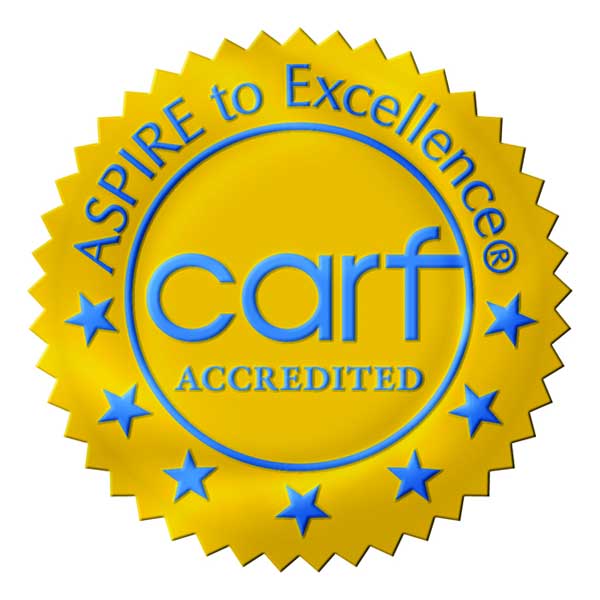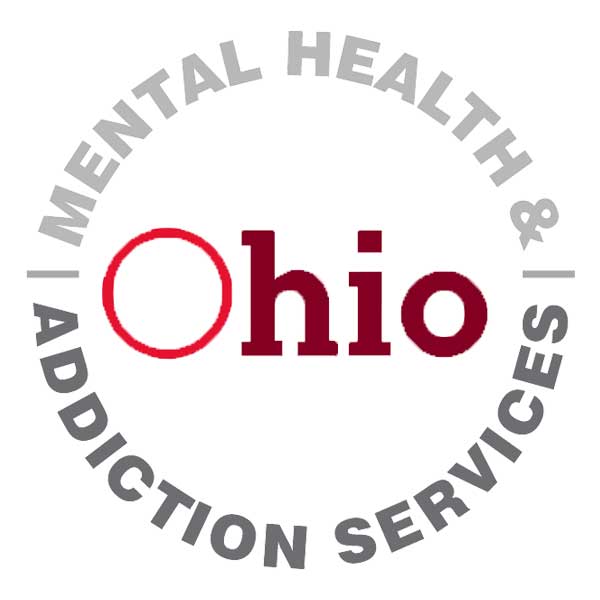GET HELP NOW
513.792.1272
Teen Use: Experimentation or Abuse?

How do you know if a teen’s use is experimentation or abuse? Dr. David Sack writes in Psychology Today, “Parents often ask: Where is the line between experimentation and drug abuse? They may know or strongly suspect that their child is using drugs but they tell themselves, ‘It’s just alcohol or marijuana…’ or ‘As long as it doesn’t affect their school work…’.”
How can a parent know if teen alcohol or other drug use is a phase or a problem? This is especially relevant when you consider that the consequences of making the wrong decision can be devastating.
At ASAP, we receive calls from parents each day wondering if their child has crossed the line between experimentation and abuse. Our comprehensive assessment can help answer that question. The following information from Dr. Sack can help you understand why experimentation is a problem as well.
Experimentation Isn’t Harmless
Alcohol and marijuana can have serious consequences. Increased risk of accident or injury, learning and memory deficits, heart disease, sleep disorders, and depression are among the common results. These effects are especially problematic for adolescents because their brains are still developing into their mid-twenties.
Experimentation is not harmless, healthy, or the norm for teens. About 60% of teens try a drug or alcohol during high school. Almost half of all teens graduate without ever using. Nine out of 10 adults who become abusers of alcohol or other drugs began using before 18. One of four high school students who uses will become dependent. No substance use is completely without consequences.
The Degree of Risk is Unknown
Whatever the reason they engage in substance use, teenagers are programmed to experiment. At the same time, they don’t want the negative consequences. While some teens experiment with drugs, others push boundaries in music, clothing or sports, etc.
Dr. Sack explains, teens don’t consider negative consequences, “they’ll start off with something they perceive as ‘innocent’ such as alcohol or marijuana or set boundaries like, ‘I’ll only party on weekends.’” Parents sometimes consider alcohol or marijuana to be more benign as well.
Some teens may use alcohol or other drugs without becoming dependent. Others aren’t so lucky. The problem is there is no way of predicting who will become dependent, to what drug, or in what time frame. Risk factors for problems include a personal or family history of addiction or mental illness, coping deficits, family conflicts, and early experimentation or abuse. On the other hand, some teens become substance abusers without an obvious cause.
The Signs of a Drug Problem can be Easily Overlooked
 It is normal for teenagers to be moody, want independence, assert themselves and spend more time with peers. There are specific behaviors that should be considered clear warning signs of a problem, whether experimentation or abuse. Don’t just notice intoxication, legal troubles or falling grades; more subtle early warning signs including lying, changes in peer groups or appearance, sleep problems, moodiness, and/or losing interest in activities.
It is normal for teenagers to be moody, want independence, assert themselves and spend more time with peers. There are specific behaviors that should be considered clear warning signs of a problem, whether experimentation or abuse. Don’t just notice intoxication, legal troubles or falling grades; more subtle early warning signs including lying, changes in peer groups or appearance, sleep problems, moodiness, and/or losing interest in activities.
Seeing several of these warning signs or a significant change in personality or personal habits should alert a parent to get help.
Play it Safe—This is Your Child’s Future
Although many teens do try alcohol or other drugs, this behavior is illegal and harmful. Even done infrequently or in smaller amounts, alcohol and other drugs can cause serious damage to an adolescent’s body and brain. Your child’s brain is still developing which makes even occasional alcohol and other drug use significantly more problematic than occasional use is for adults.
Dr. Sack advises, “detecting teen drug use requires active involvement, not passive curiosity. Best case scenario, your child isn’t using drugs, and by talking and listening frequently, you’ve conveyed your zero-tolerance policy and sent a clear message of concern for your child. Worst case, your child has a problem that you caught before it follows [him/her] into adulthood.”
If you are concerned about your child, or wondering if a child’s use is experimentation or abuse, calling ASAP and getting an assessment is a good start. It will let you know if your child is engaging in experimentation or drug abuse. We can help answer questions you have about his/her use and the consequences that may occur due to the use. We also provide treatment, education, or a recommendation for residential/inpatient facilities if needed.
References
RELATED POSTS
ASAP is Cincinnati's premiere outpatient treatment center for teenagers and their families struggling with substance abuse and mental health problems.
SUBSCRIBE
Enter your email address to receive news and information from ASAP.











